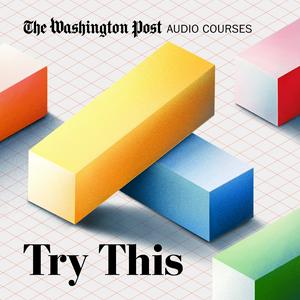As we age, we can develop a higher risk for dementia and Alzheimer’s disease. It may even run in our families for some of us. But hope is not lost: About half of dementia cases are potentially preventable.
Host Cristina Quinn walks us through the U.S. POINTER study led by Laura Baker, professor of gerontology and geriatrics at Wake Forest School of Medicine. This study is considered the largest clinical trial examining how simple lifestyle changes like eating healthier, staying socially engaged and moving more can slow down cognitive decline. Cristina also speaks with neurologist Monica Parker from Emory University School of Medicine.
Read more about Baker’s work with the U.S. POINTER study here.
For more on Parker’s work, visit the Emory Healthy Brain Study.
For more on ways to reduce your risk of dementia, check out some of The Post’s reporting:
Want to keep your brain sharp as you age? Science may have a recipe,
4 vaccines linked to a lower risk of dementia
Want to lower your risk of dementia? Here’s what the science says
No amount of alcohol is safe, at least for dementia risk, study finds
Subscribe to The Washington Post or connect your subscription in Apple Podcasts.


